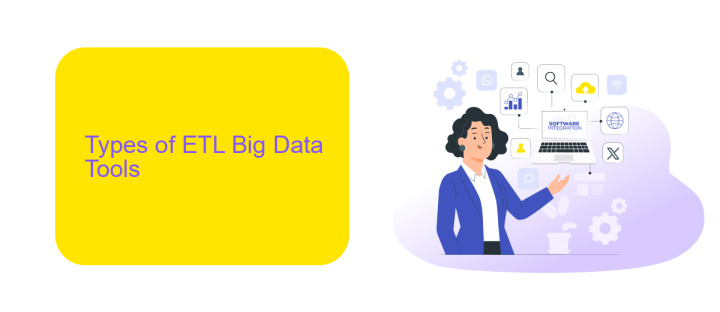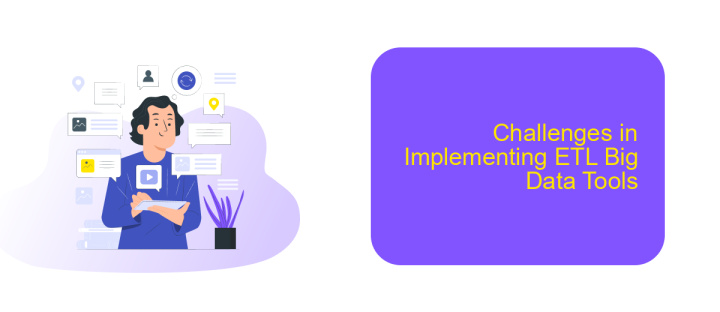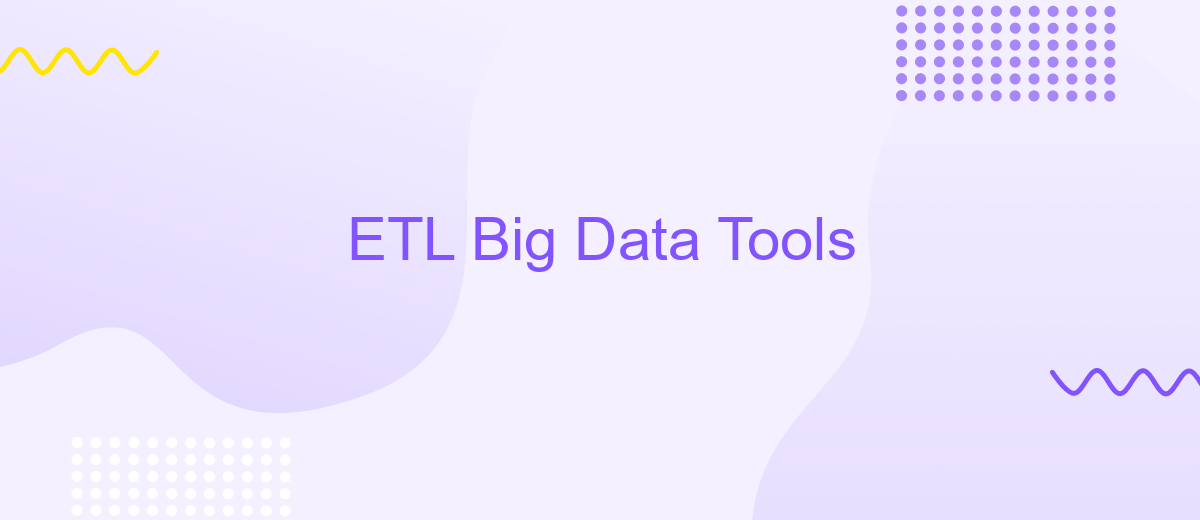ETL Big Data Tools
In the era of big data, efficient ETL (Extract, Transform, Load) tools are essential for managing and analyzing vast amounts of information. These tools streamline the process of data integration, ensuring that data is accurately extracted from various sources, transformed into a usable format, and loaded into data warehouses or analytics platforms. This article explores the top ETL tools designed for big data environments.
Introduction to ETL Big Data Tools
ETL (Extract, Transform, Load) Big Data Tools are essential for managing and processing large volumes of data efficiently. These tools help organizations to extract data from various sources, transform it into a usable format, and load it into a data warehouse or other storage systems. The importance of ETL tools has grown significantly with the rise of big data, as they enable businesses to gain valuable insights from their data.
- Extraction: Collecting data from multiple sources such as databases, APIs, and flat files.
- Transformation: Converting the extracted data into a format suitable for analysis.
- Loading: Storing the transformed data into a target system like a data warehouse.
One of the popular services for setting up integrations is ApiX-Drive. It simplifies the process of connecting different data sources and automates data workflows, which is crucial for effective ETL operations. By leveraging tools like ApiX-Drive, organizations can streamline their data processing tasks, reduce manual effort, and ensure data accuracy and consistency.
Types of ETL Big Data Tools

ETL Big Data tools can be broadly categorized into three types: batch processing tools, real-time processing tools, and cloud-based ETL tools. Batch processing tools, such as Apache Hadoop and Talend, handle large volumes of data in scheduled intervals. These tools are ideal for scenarios where data is collected over a period and processed together. Real-time processing tools like Apache Kafka and Apache Flink, on the other hand, process data as it arrives, making them suitable for applications requiring immediate insights and actions.
Cloud-based ETL tools, such as AWS Glue and Google Cloud Dataflow, offer scalable and flexible solutions by leveraging cloud infrastructure. These tools can handle both batch and real-time processing, providing a comprehensive solution for various data integration needs. Additionally, services like ApiX-Drive simplify the integration process by offering user-friendly interfaces and pre-built connectors for various applications, allowing businesses to automate data workflows without extensive coding knowledge. This makes it easier for organizations to manage data pipelines efficiently and focus on deriving actionable insights from their data.
Benefits of Using ETL Big Data Tools

ETL Big Data tools have become indispensable in managing and processing large volumes of data efficiently. These tools streamline the process of extracting, transforming, and loading data, enabling businesses to make data-driven decisions quickly and accurately.
- Improved Data Quality: ETL tools ensure that the data is clean, consistent, and free from errors by applying various data validation and cleansing techniques.
- Enhanced Productivity: Automation of data workflows reduces manual effort and allows teams to focus on more strategic tasks, thereby increasing overall productivity.
- Scalability: These tools can handle growing data volumes and complex data structures, making them suitable for businesses of all sizes.
- Integration Capabilities: Services like ApiX-Drive facilitate seamless integration with various data sources, ensuring smooth data flow across different platforms and systems.
By leveraging ETL Big Data tools, organizations can gain valuable insights from their data, leading to better decision-making and competitive advantage. The ability to integrate with services like ApiX-Drive further enhances the flexibility and efficiency of these tools, making them a crucial component in the modern data management ecosystem.
Challenges in Implementing ETL Big Data Tools

Implementing ETL Big Data tools presents several challenges that organizations must navigate to harness the full potential of their data. One of the primary issues is the complexity of integrating various data sources, which often come in different formats and structures. This can lead to significant delays and increased costs as developers work to create custom solutions for seamless data integration.
Another critical challenge is ensuring data quality and consistency. With vast amounts of data flowing through ETL pipelines, maintaining accuracy and reliability becomes a daunting task. Inconsistent data can lead to erroneous insights, impacting strategic decisions and business outcomes.
- Scalability issues as data volumes grow
- Performance bottlenecks during data transformation
- Security concerns with sensitive data
- High costs of infrastructure and maintenance
To address these challenges, organizations can leverage services like ApiX-Drive, which simplify the integration process by offering pre-built connectors and automated workflows. Such tools can significantly reduce the time and effort required to set up and maintain ETL pipelines, allowing businesses to focus on extracting valuable insights from their data.
- Automate the work of an online store or landing
- Empower through integration
- Don't spend money on programmers and integrators
- Save time by automating routine tasks
Best Practices for ETL Big Data Tools Implementation
Implementing ETL Big Data tools requires a strategic approach to ensure efficiency and scalability. Begin by thoroughly assessing your data sources and understanding the data flow. Prioritize data quality and consistency by setting up robust validation processes. Utilize scalable storage solutions to handle large volumes of data, and consider distributed computing frameworks like Apache Hadoop or Spark to manage processing loads. Regularly monitor performance metrics to identify bottlenecks and optimize resource allocation.
When configuring integrations, leverage tools like ApiX-Drive to simplify the process. ApiX-Drive facilitates seamless data transfer between various applications and services, reducing manual effort and minimizing errors. Ensure that your ETL processes are modular and adaptable to changing business requirements. Implement strong security measures to protect sensitive data throughout the ETL pipeline. Finally, maintain comprehensive documentation and train your team to handle the ETL tools effectively, ensuring long-term success and adaptability.
FAQ
What is ETL in the context of Big Data?
Why is ETL important for Big Data analytics?
What are some common challenges in ETL for Big Data?
How can automation tools help in managing ETL processes for Big Data?
What factors should be considered when choosing an ETL tool for Big Data?
Apix-Drive will help optimize business processes, save you from a lot of routine tasks and unnecessary costs for automation, attracting additional specialists. Try setting up a free test connection with ApiX-Drive and see for yourself. Now you have to think about where to invest the freed time and money!


